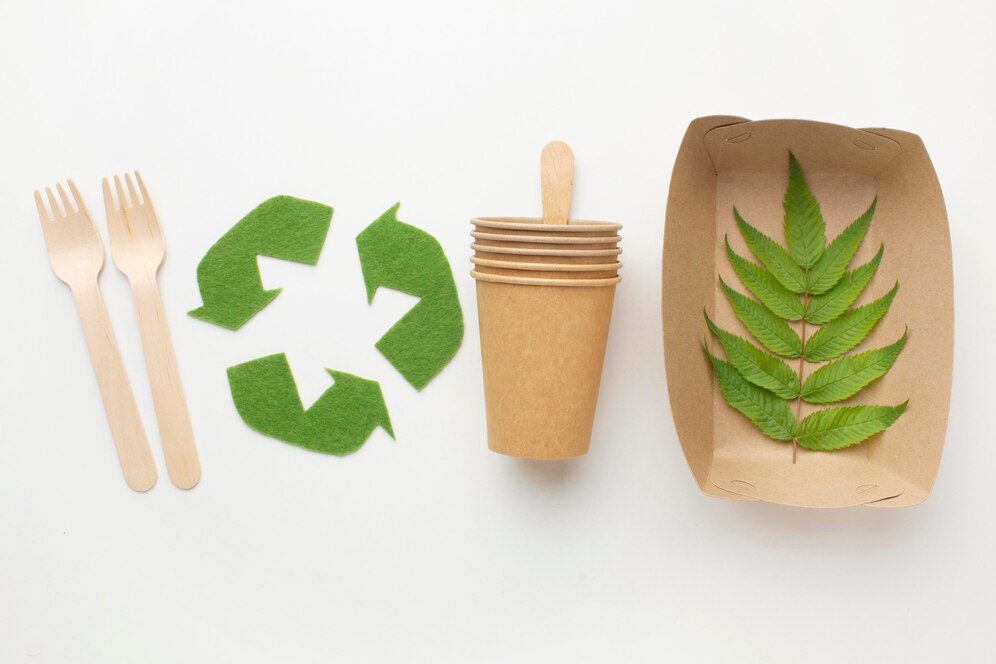
Biodegradability
The Problem with Biodegradability
Biodegradability Confusion
Many consumers struggle to identify which products are genuinely biodegradable. While most chemicals can break down through natural processes, there's no universal standard or certification defining "biodegradable." The FTC has guidelines for products that can claim this label, requiring items to fully decompose within a “reasonably short period of time” after disposal—soon to be defined as within one year. Items destined for landfills, incinerators, or recycling facilities typically don’t meet these standards due to their slow decomposition rates.
Decomposition Rates Vary
The speed at which materials decompose depends on their composition, biodegrading content, and environmental conditions. In landfills, the absence of sunlight, air, and moisture significantly slows down this process. For example, apple cores can take over a month, while plastic bags and bottles can take hundreds of years, and Styrofoam may never decompose.
The Solution
Read Labels and Do Research
Consumers should carefully read labels, select products with natural ingredients, and prioritize bioplastics over petroleum-based plastics. Online research can help verify the biodegradability and compostability of products.
Look for Third-Party Certifications
Organizations like the Biodegradable Products Institute (BPI) offer reliable certifications that ensure products perform as advertised in composting environments. Certifications like ASTM 6400 and 6868 are trustworthy indicators of a product’s compostability.
Recycle Whenever Possible
About 70% of materials typically sent to landfills could be recycled, such as paper, plastic, metal, and glass. Recycling helps conserve nonrenewable resources and reduces the environmental impact of waste.
The Benefits
Switching to biodegradable and compostable products provides numerous benefits:
- Faster decomposition compared to conventional materials
- Made from renewable biomass
- Lower greenhouse gas emissions
- Reduced manufacturing energy requirements
- Non-toxic and safer for the environment
- Less dependence on fossil fuels and lower waste management costs
- Supports local, sustainable businesses
Embrace sustainable choices to reduce waste and protect our planet.
